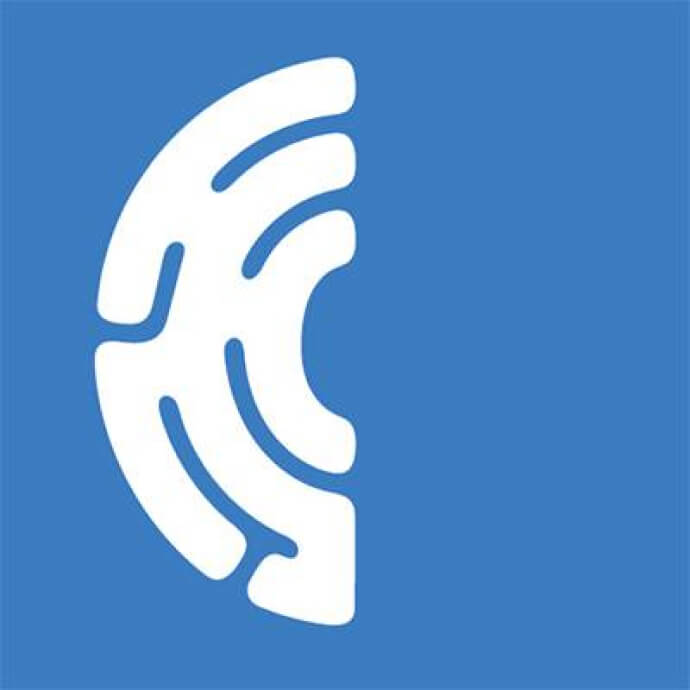Go Grey in May for Brain Cancer Awareness
Go grey in May for Brain Cancer Awareness Month. This month is dedicated to supporting, empowering and amplifying the voice of the brain tumor community, and grey is the ribbon color for the awareness month.
- 94,390 Americans received a primary brain tumor diagnosis in 2023
- 35.7% is the five-year relative survival rate for patients with malignant brain tumors
- 18,870 Americans will die from a malignant brain tumor in 2024
Data: National Brain Tumor Society
There are many types of brain tumors. The tumors are formed by the abnormal growth of cells and may be either benign or malignant. While a tumor on the brain may grow and/or press on surrounding tissues, it rarely spreads to other parts of the body. When a tumor grows into or presses on an area of the brain, it may stop that part of the brain from working the way it should. Both benign and malignant brain tumors produce signs and symptoms and need treatment.
While some brain tumors, particularly benign tumors, may be treated with surgery alone, most tumors are not cured with surgery alone and require a combined approach of surgery to remove as much tumor as can be safely achieved followed by radiation therapy to eradicate the remaining cancer cells.
Proton therapy for brain tumors is generally recommended because of the tumor’s proximity to delicate and vitally important normal tissues and structures. Because proton therapy is so precise, brain cancer treatment with proton therapy allows for highly effective and potentially higher doses of radiation to target brain cancer, with less injury to surrounding tissues, decreasing the risk of new neurological deficits, hormonal deficiencies or intellectual impairment, maximizing tumor control while minimizing collateral damage and treatment effects.
Mark Kelso received proton therapy for a brain tumor at the UF Health Proton Therapy Institute. Learn how proton therapy saved his life in this video.
The UF Health Proton Therapy Institute provides multidisciplinary care in collaboration with neuro-oncologists, neurosurgeons and radiation oncologists at the University of Florida Wells Center for Brain Tumor Therapy in Gainesville.
The Wells Center for Brain Tumor Therapy is home to some of the most advanced neuro-oncology research in the world and is supported by the National Institutes of Health (NIH) and other grant sources.


